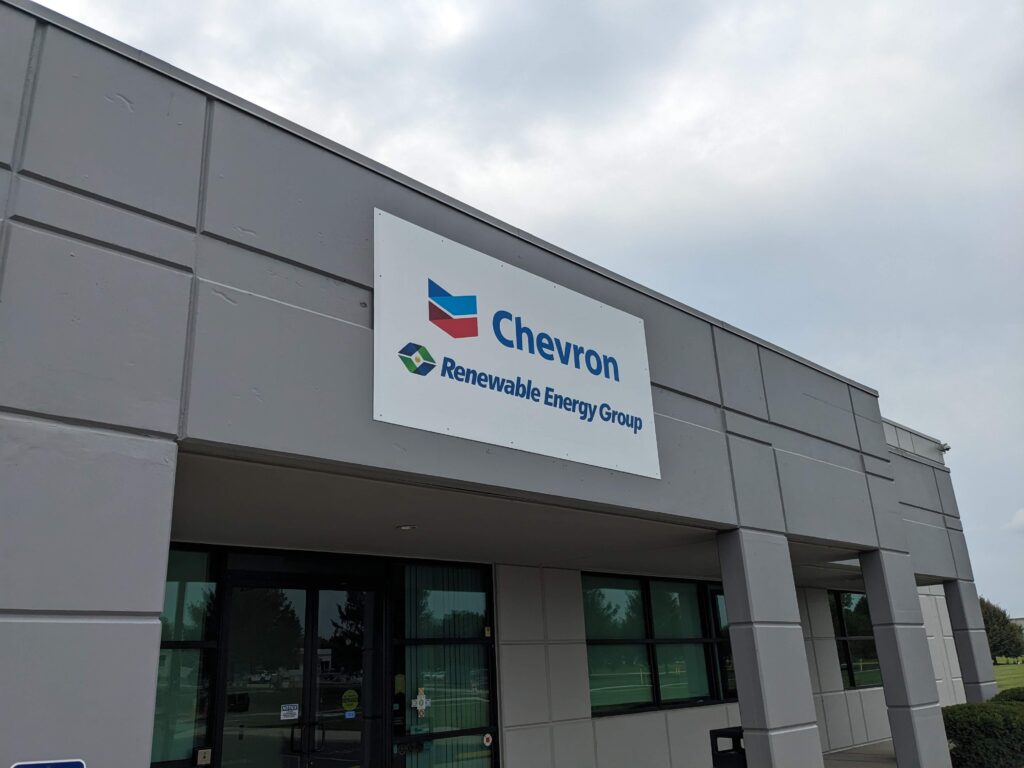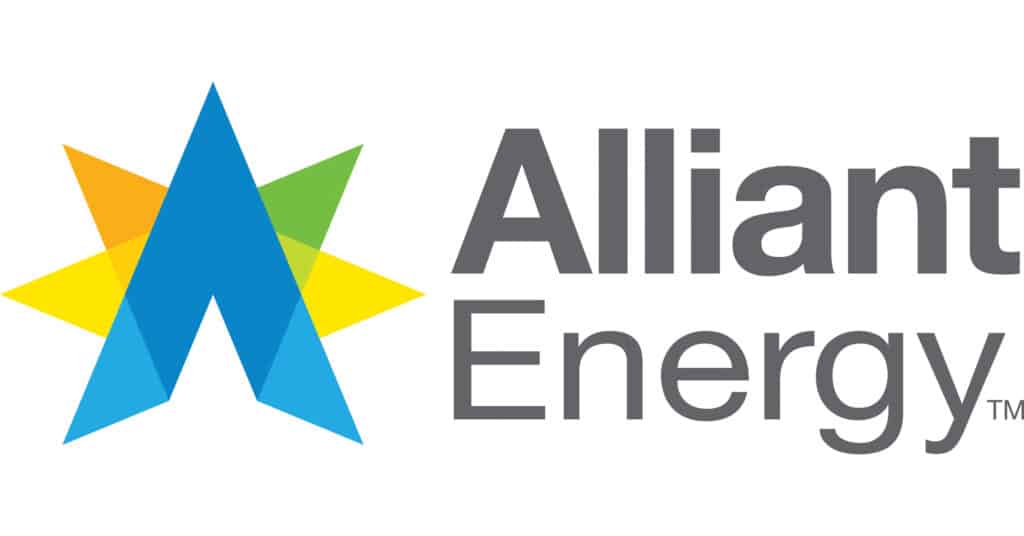The Green(er) Issue
20 real ways for your business to make it easy being green

Installing low-flow toilets and sinks, switching to light-emitting diode (LED) lighting or composting your company’s garbage – it might not sound very sexy. OK, it’s not sexy at all. But these type of initiatives are helping Greater Des Moines organizations drive down costs, improve their bottom lines and have a positive impact on the environment. Besides increasing profitability, companies are also finding that adopting sustainable practices makes them more competitive in recruiting and retaining talented people who share those values.
We set out to find and compile real ways that companies here in Central Iowa are “going green,” with a hope that these examples could plant some seeds for additional ways you can green up your own operations.
After talking with sustainability experts, local companies and even asking our readers, here’s a look at 20 ways – both big and small – that Greater Des Moines companies are “going green.”
1. Schedule a free energy audit
MidAmerican Energy Co. performed on-site energy audits for nearly 1,600 of its business customers last year. It’s a free service designed to help companies pinpoint potential areas in which they can reduce energy costs by upgrading equipment or making other changes. The utility company provided more than $3.5 million in energy rebates to business customers last year. Additionally, more than 1,100 businesses used MidAmerican’s BusinessCheck Online service, which enables customers to input data about their facility to produce a list of recommended improvements. To schedule an energy audit with MidAmerican, call (877) 401-4059, or visit MidAmerican’s Energy Efficiency page at www.midamerican.com/ee for more ideas about how to save energy.

Kum & Go has found that low-cost washers added to lavatory sinks and low-flow toilets save substantial amounts of water.
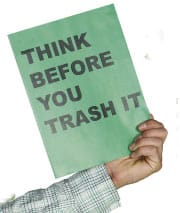
This can be done around the workplace to inform employees about green initiatives. Pioneer Hi-Bred International Inc.’s core values advancement team posts tips by all employee entrances to motivate and educate staff about the company’s four core values; the signs are changed weekly.
4. Install LED lighting

5. Utilize double-side printing, print-tracking software
The practice is standard procedure at RDG Planning & Design’s offices, which helps cut down printing and paper costs.

Five (or 10 or 15) heads are better than one when it comes to planning and organizing sustainable events and programs.

Iowa Health – Des Moines has cut food waste by 60 percent since adopting a tracking system in 2008 that generates reports it uses to adjust purchasing and production amounts. The hospital group recently performed a waste audit to determine the potential when it switches to single-stream recycling and expands its composting program.
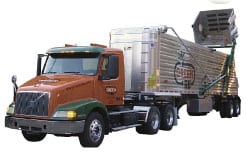
In April, Gateway Market contracted with GreenRU, a Des Moines-based composting service launched in early 2011, to help the market and restaurant establish a composting program. Within a matter of weeks, Gateway Market was diverting more than one ton of waste from the landfill on a weekly basis, and that amount has since doubled to two tons weekly. GreenRU (www.greenru.org) provides a turnkey service that provides bins, signage and employee training in addition to picking up both pre-consumer and post-consumer materials. Iowa Lutheran Hospital and the Iowa Events Center are among its biggest clients. Rates range from $40 to $300 per week; GreenRU sells the compost to farms and horticultural businesses.
9. Green up corporate events
Principal Financial Group Inc. made The Principal Charity Classic the first carbon-neutral Champions Tour golf tournament, with amenities such as on-site solar trash compactors and recycling centers, solar-powered skybox televisions and electric golf carts. When Winefest Des Moines changed presenting sponsors, it spurred organizers to replace plastic plates with printed corporate logos, with recyclable bamboo plates without logos, which also proved to be less expensive.

Some companies hold special bike-to-work days. A relatively new benefit at Meredith Corp. offers employees a reimbursement for commuting to work via bicycles.
11. Make bulk purchases
This can reduce waste from individual packaging – RDG Planning & Design has found this to be a money-saving and waste-reducing procedure.
12. Enroll in COSC Evergreen
An initiative of Center on Sustainable Communities (COSC) that began earlier this year, COSC Evergreen is a certification and benchmarking program that enables workers and businesses to determine how sustainable their company is relative to other businesses around the state. The program attempts to do this by asking employees survey questions about their everyday habits that affect the environment, such as “Are the lights in your workspace high efficiency?” Employees who sign up are emailed a random question every five to nine days, with the goal to get people to answer 50 questions a year. The data gathered from those answers can be organized to show how businesses stack up and what they can do better, as well as compare results between businesses, cities and individuals. To get started, visit www.coscevergreen.org.
13. Install lighting motion sensors
This can be done specifically for break rooms and conference rooms. The Iowa Utilities Board/Office of Consumer Advocate state office building uses these, plus an energy management system that turns off all non-essential loads when offices aren’t in use.
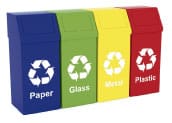
Programs can be as simple or as comprehensive as you want to make them. Employee involvement is a key element for success, company leaders say.
15. Engage a consultant to lower energy costs
Iowa Health – Des Moines partnered with Energy Services Group to develop a five-year energy reduction plan, with a goal to reduce consumption by up to 35 percent.
READER RESPONSES
Here are some ways that you responded to our survey question: What’s one way that your company has gone green?

Pioneer Hi-Bred offers unlimited Des Moines Area Regional Transit Authority passes at a 90 percent reduced rate to encourage an alternative to private automobiles for commuting. It also provides a shuttle bus that takes employees from building to building around its campus.
17. Recycle A/C condensation
Prairie Meadows Racetrack and Casino’s air conditioning systems collect millions of gallons of water condensation that would otherwise go into the sewer system. The water is instead mixed with city water to provide a mostly free source of water for the cooling system’s cooling towers.
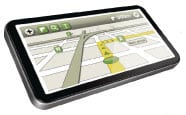
Wyckoff Heating & Cooling is among several companies that have installed Global Positioning System (GPS) tracking devices in their fleet vehicles to reduce greenhouse gas emissions and save significant amounts in fuel costs by improving routing and addressing speeding and excessive idling.

Wells Fargo & Co., Pioneer Hi-Bred International Inc. and other companies have introduced reusable cup break room programs to eliminate hundreds of thousands of cups going into the landfill.
20. Go paperless
HireQuality Solutions LLC has eliminated paper invoices in favor of emailed invoices to save time, money and resources. Merit Resources Inc. implemented paperless reporting and tracking systems and an electronic timesheet process, and has revised procedures to significantly reduce the number of paper copies being made.








